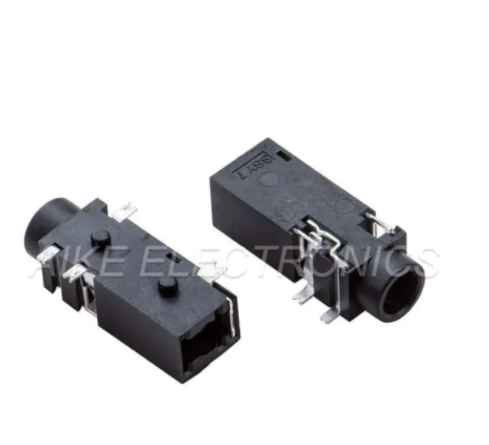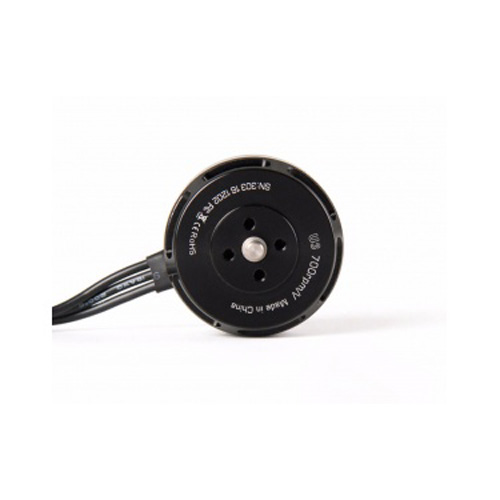The Role of Circuit Breakers in Electrical Safety
Circuit breakers may not be the superheroes of our daily lives, but they play an indispensable role in safeguarding our homes, businesses, and industries from electrical chaos. These unsung heroes are there, silently standing guard against electrical overloads and faults, ensuring our safety and the smooth operation of our electronic devices. In this article, we'll dive into the world of circuit breakers, exploring their essential functions, types, and the pivotal role they play in modern electrical systems.
What Are Circuit Breakers?
A circuit breaker is a critical electrical component designed to protect circuits and electrical devices from damage caused by overcurrents, short circuits, or faults. Think of them as the gatekeepers of the electrical world. When an electrical fault occurs, the circuit breaker steps in to interrupt the flow of electricity, preventing potential damage and, more importantly, protecting people from electrical hazards.
The Anatomy of a Circuit Breaker
Circuit breakers consist of several key components that work together to ensure their proper functioning. These components include:
Frame: The outer shell or casing of the circuit breaker that houses all its internal components.
Contacts: These are the conducting elements within the breaker, responsible for making and breaking the electrical circuit.
Trip Unit: The brains of the operation. It senses overcurrents and issues a trip signal to open the contacts and interrupt the circuit.
Mechanism: This mechanism controls the operation of the circuit breaker, ensuring that it opens and closes the contacts in response to the trip signal.
Types of Circuit Breakers
Circuit breakers come in various types, each tailored to specific applications and settings. Here are some of the most common ones:
Miniature Circuit Breakers (MCB): These are the most common type found in residential settings. MCBs provide protection against overloads and short circuits in household electrical circuits.
Related links:What are the different types of emergency power supplies?
How does an Automotive Agm Start-Stop Battery differ from a traditional battery?
How to find electronic manufacturers in China?
Molded Case Circuit Breakers (MCCB): Often used in commercial and industrial applications, MCCBs offer adjustable trip settings for different current levels.
Residual Current Circuit Breakers (RCCB): RCCBs are designed to protect against electric shock and prevent fires caused by ground faults. They are commonly used in bathrooms and kitchens.
Air Circuit Breakers (ACB): ACBs are employed in high-power applications, such as data centers and industrial facilities, where they can handle heavy electrical loads.
Vacuum Circuit Breakers: Vacuum circuit breakers are utilized in high-voltage applications, ensuring the safe interruption of electrical circuits at high power levels.
The Role of Circuit Breakers in Electrical Safety
Now that we've examined what circuit breakers are and the various types available, let's delve into their vital role in ensuring electrical safety.
Protection Against Overloads: Circuit breakers act as safeguards against excessive electrical currents that can occur due to a surge or an appliance malfunction. They trip and interrupt the circuit, preventing damage to wiring and appliances.
Short Circuit Protection: In the event of a short circuit, where an abnormal low-resistance connection occurs, circuit breakers step in to protect the circuit and prevent catastrophic damage.
Fire Prevention: Many electrical fires are triggered by faulty appliances or wiring. Circuit breakers, especially RCCBs, are instrumental in minimizing the risk of electrical fires by detecting ground faults and swiftly interrupting the circuit.
Protection Against Electric Shocks: Circuit breakers are our first line of defense against electric shock. They reduce the risk of injury by instantly disconnecting the power when a fault is detected.
Conclusion
Circuit breakers are the unsung guardians of our electrical systems, ensuring that our homes, businesses, and industries function safely and smoothly. They come in various forms, each tailored to specific needs, and play a pivotal role in preventing electrical overloads, short circuits, and electrical hazards. In a world increasingly reliant on electrical power, circuit breakers are the silent heroes we can't do without. So, the next time you flip a switch or plug in a device, remember that somewhere behind the scenes, a circuit breaker is standing guard, ready to protect and serve.
Related links:Why is China good at manufacturing electronics?
What's the Maximum Length for USB Cables?
Optimizing Heavy Truck Starter Battery Performance for Ultimate Reliability






